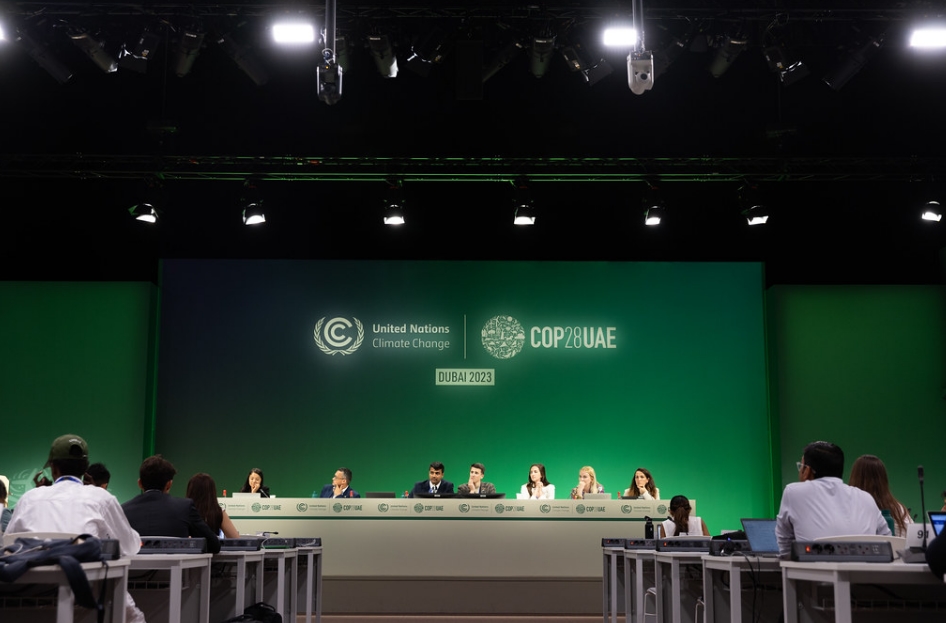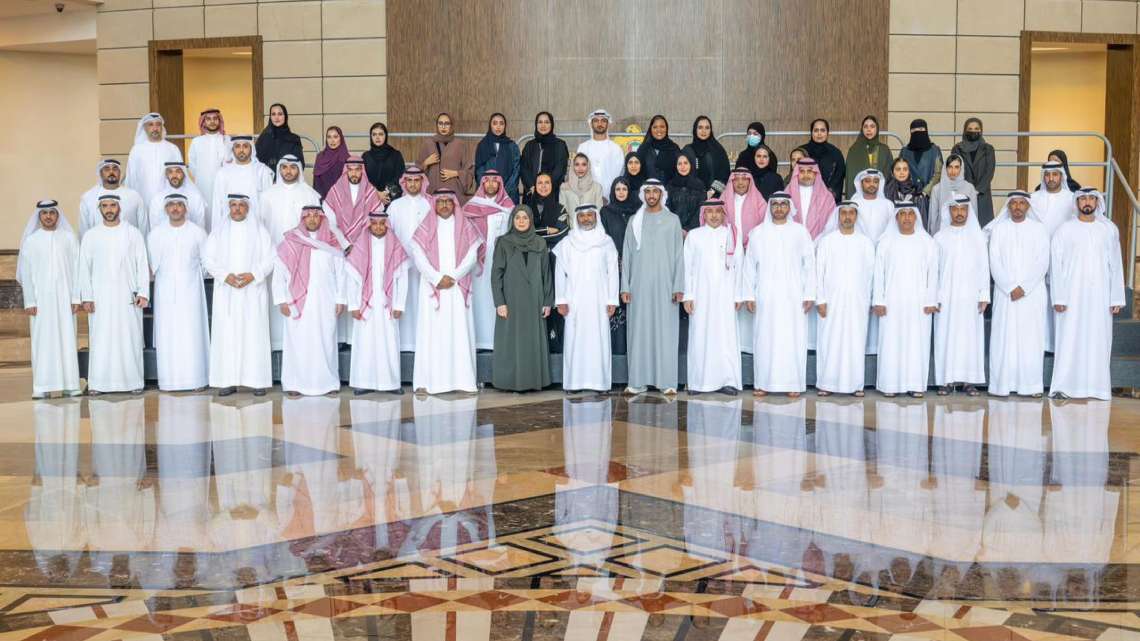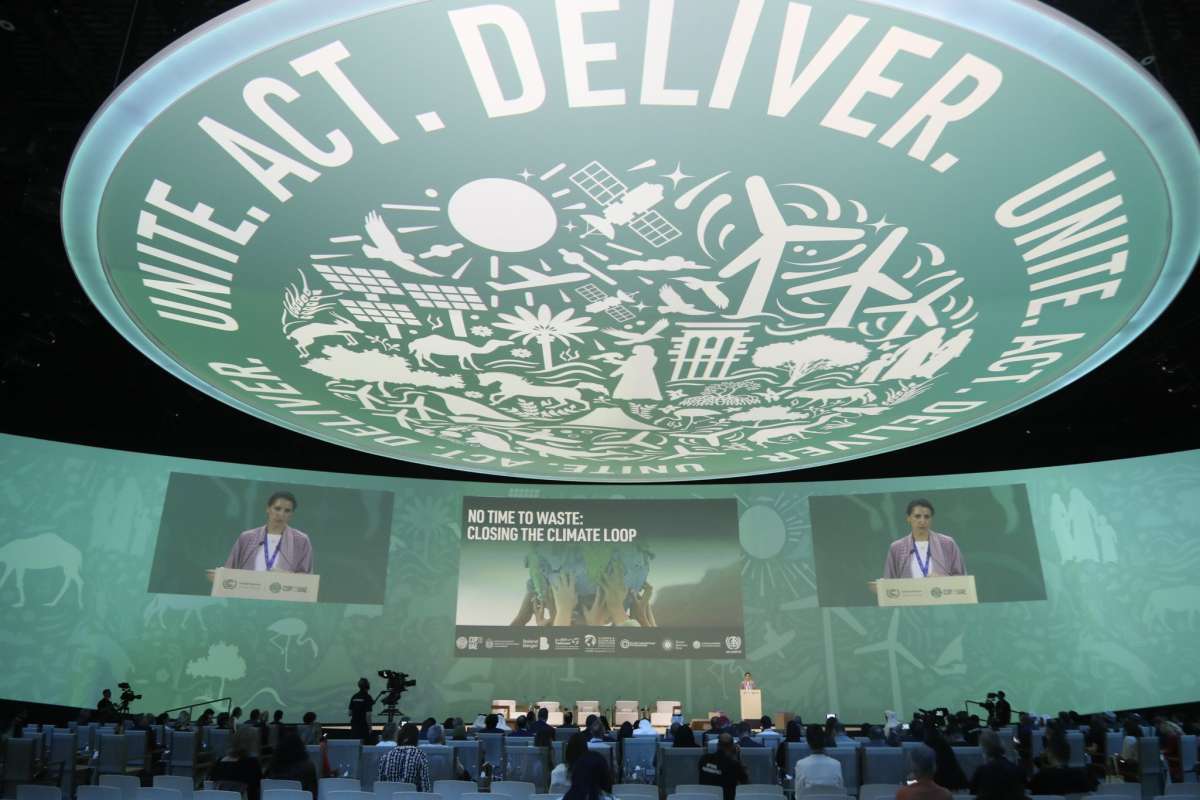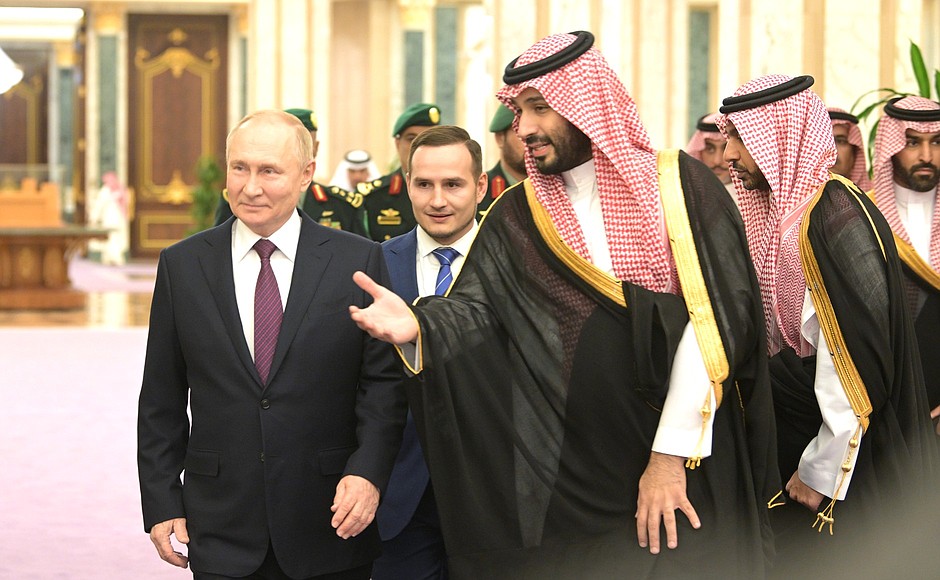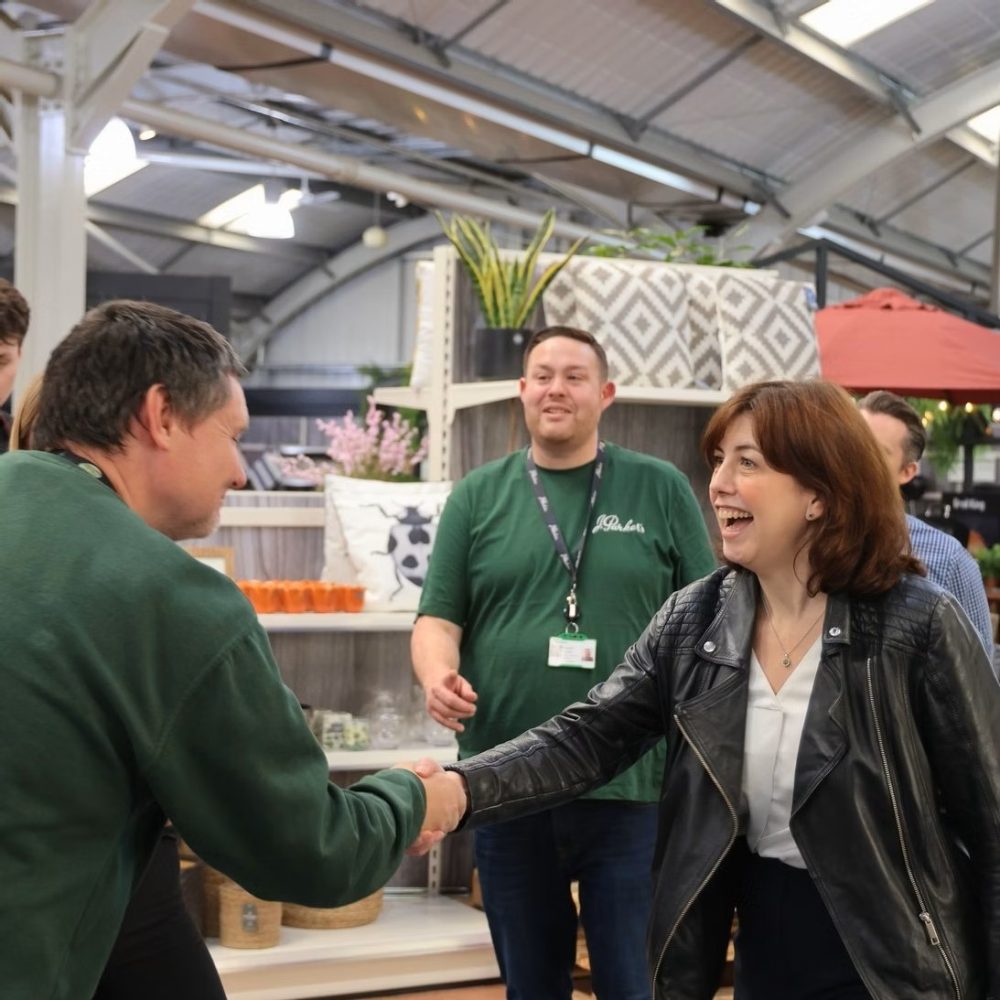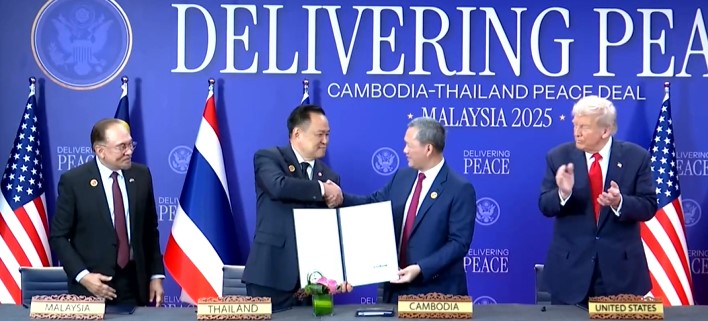Now roughly the 196 parties to the UN climate agreement have to sort out that the fossil fuels need to be rapidly cut and poor and vulnerable nations are being hammered….writes Vishal Gulati
Children are the most impacted by the climate emergency and they represent one third of the world’s population (around 2.2 billion people), with half of them (more than one billion) currently living in places exposed to severe climate risks, especially in the Global South.
Children tell how the climate emergency has affected their lives. They are being seen and heard at the most influential spaces at the ongoing UN Climate Change Conference (COP28), which has entered the final and crucial phase to set the pace for a new era in climate action.
Now roughly the 196 parties to the UN climate agreement have to sort out that the fossil fuels need to be rapidly cut and poor and vulnerable nations are being hammered.
COP28 meetings will have a different participation: in addition to traditionally suited representatives of countries, 25 children’s testimonies from 12 countries will be heard this week. They talk about how their lives have been impacted by the climate emergency and demand effective action from authorities.
The films were produced by UNICEF and Alana, in partnership with Bernard van Leer Foundation.
In the world today, more than one in four deaths of children under five years of age are attributable to unhealthy environments.
Despite this, the children do not participate or are taken into consideration in COP (conference of parties) agendas and negotiations, which will define their lives.
In more than 30 years since the UNFCCC (United Nations Framework Convention on Climate Change) entry into force, there has never been a decision focused on the protection of children and adolescents.
“When we speak about climate change, we are speaking about children. We need to protect their futures — it’s that simple. The powerful testimonials of children like these need to be the last thing that negotiators hear before entering discussions that determine what kind of world they will grow up in. We can only hope they listen,” an official statement quoting UNICEF global lead on climate change Gautam Narasimhan said.
“Children are not just victims, but also active contributors as agents of change. We have seen children stand up around the world and push for solutions. They have the right to participate in decisions,” said J.P. Amaral, Nature Manager at Alana.
In the films, children from Madagascar, Somalia, Serbia, Australia, Pakistan, Kazakhstan, Malaysia, the US, Barbados, Egypt, the United Arab Emirates and Brazil spontaneously express their genuine concerns and call for immediate solutions from the planet’s top leaders.
The statements arose from the question “Do you think adults are doing enough to help solve the problems of climate change?”
The children were definitive in their responses:
“I would like to say yes, but they are not,” says Yehansa from Australia;
“I don’t think adults do anything about climate change,” says Hidaya from Somalia;
“Stop fighting and let’s focus on what really matters,” says Sadie of the US; and
“If you keep burning, we are going to die in this heat,” says Raoni from Brazil, the host to COP30 in the Amazonian city of Belem do Para in 2025.
Tzeporah Berman, chairwoman of the Fossil Fuel Non-Proliferation Treaty Initiative, said: “The COP presidency has brought baggage to this process, and far too many oil lobbyists.
“For many, the presence of fossil fuel lobbyists at COP is a sign of an event that has been purchased by the opposition, and ultimately compromised.
“However, is there more here that we’re missing? We think so.”
ALSO READ: Saudi F-15 Fighter Jet Crashes During Training, 2 Killed


